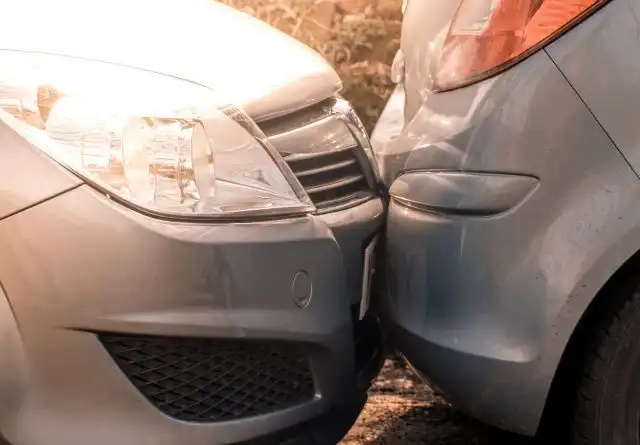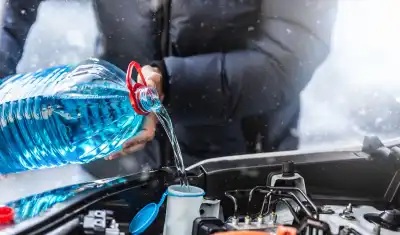
A car accident is the last thing any of us want to happen. They can cause injuries and extensive damage to your car, as well as stress afterwards. Let’s all hope you don’t ever have one, but here are some steps to follow no matter who was at fault.
First off…
If you’ve been caught up in an accident, failing to stop and report it could land you in hot water. Fines, disqualification from driving and even prison may result, as neglecting to stop and report an accident is a serious offence.
If possible, you should leave your vehicle and stand at a safe distance away – preferably behind a crash barrier. Do not return to the car.
Check on anybody else involved in the crash
Modern cars are very safe, so the chances of anybody being seriously injured are nowhere near as high as they used to be. Even so, make sure you check on all passengers to make sure they’re OK. If you’ve got any doubts at all, call for an ambulance to get them checked out.
Call the police
The chances are your car will be on the road causing an obstruction. If so, you’ll need to tell the police so they can get the road cleared. An accident needs reporting almost immediately anyway, so it’s very common to see the police at the scene.
Give and take some details
You’ll need to take some details if another person has been involved in the crash. You should make a note of the other car’s make, model and registration number, plus the driver’s insurance details. Take the names and addresses of any witnesses, too. Of course, you’ll also be handing over your details to the other party – standard practice after car accidents.
For your own record of the incident, it’s also a good idea to make note of any factors that may have caused the accident. Maybe the weather was bad, or an animal ran out into the road? Try to note down as much as you can, and include the time, date and anything else you notice at the scene – such as damage caused to the cars. This is one of those situations where it’s better to have too much information than too little. It’s also useful to take photos.
Inform your insurance company
Even if you plan to pay for damage yourself, your insurance company will need to know you’ve been in an accident. If you do make a claim, insurers normally have a timescale within which they need to be contacted, otherwise they may refuse to process your claim.




